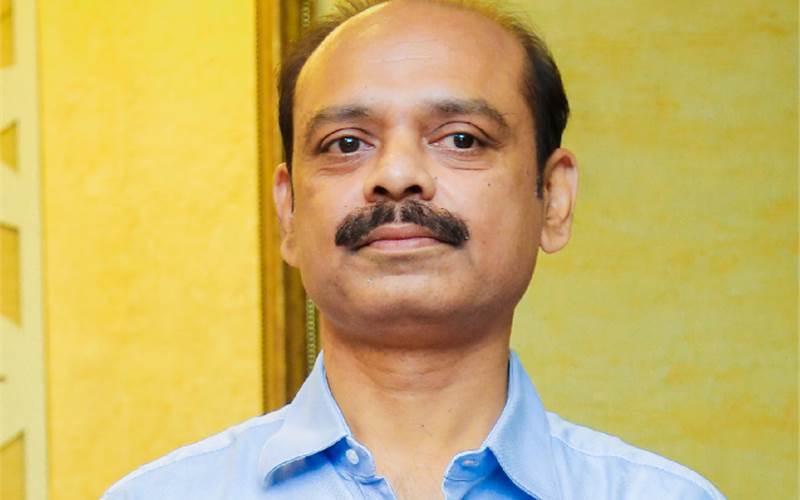Managing cash-flow after the Covid-19 crisis is over
Nimesh Bheda, co-owner of Navin Trading Company, says there are ways to avoid cash crunch once the CoronaVirus threat subsides. Noel D’Cunha finds out
01 Apr 2020 | By Noel D'Cunha
Since the 25 March 2020, the first day of the 21-day lockdown announced by the Prime Minister of India on 24 March 2020, businesses in India have been badly impacted, including the print business. According to one estimate, print industry is incurring a Rs 478-crore loss per day.
According to Nimesh Bheda, director at Navin Trading Company, the Indian print fraternity will need to have a plan of action when the nation comes out of the crisis and businesses re-start. “One is going to be how we manage the disruption in cash-flow,” says Bheda.
Navin Trading Company is a supplier of plates, blankets, inks, coatings and chemicals in Hyderabad
Print business in India is largely credit-driven. The payment pressure is going to be huge. The government has requested the companies to pay wages to its workforce during the lockdown, which is not unreasonable. Plus there are other expenses and overheads like rents, power bills, government taxes to be paid. “But where is the inward revenue,” ask Bheda.
With limited resources, there is going to be huge pressure on prioritising the outflow of payments, with the major share going to the sector that is more assertive towards payments rather than to the deserving due. Also, there is going to be misuse and abuse of the excuse of lockdown.
The print companies will, therefore, have to focus on cash-flow challenges and layout measures to mitigate the damage that the long lockout has caused, says Bheda.
Bheda narrates a short story to drive a point. He says, “There is this fable where a king hosts a grand lunch but lays a condition that the food should be consumed by the guests without bending their elbow. Everyone tried but failed to eat even a single morsel. A group of sages, who were passing by accepted the challenge. They sat in a circle, each one feeding food to the person sitting next to him, without bending the elbow.”
The moral of the story: Help fellow mates, if you want to end up helping yourself.
Print in India is a rolling economy, and one can pay the vendors, suppliers, staff, service providers on time as per due dates and not delay the payments. “But then, where do I get the funds from remains a question,” says Bheda.
One way is to get the funds from your customers. “Every business has inflows from customers, and outflows to vendors. If everyone sincerely tries to clear the outflows, the inflows are automatically generated. Although, at times they may not be in proportion to the value you need, and this is where we have to look at banks for additional help,” advises Bheda.
He suggests three action plans to minimise the cash-flow disruption.
One, make a resolution to channel the outflow to the due and deserving. Try to make timely payments to the vendors, staff, service providers and suppliers.
Two, look at the source of inflows from your customers. Engage with them and explain the need for them to pay up. Break the chain of undue credit, and request them to focus on their dues from their customers rather than holding vendors payments.
Three, look at additional help from banks and utilise the three months EMI holiday and other government measures effectively.
Four, look at reserves, resource management. Additional funds can be generated by the sale of scrap or unutilised inventory. If you have unused space or infrastructure, you can let it out and generate revenue, thereby generating cash-flow.
Five, pay your staff and vendors their dues in time.
In conclusion, run a business on your terms, not by holding funds from people you owe.












 See All
See All